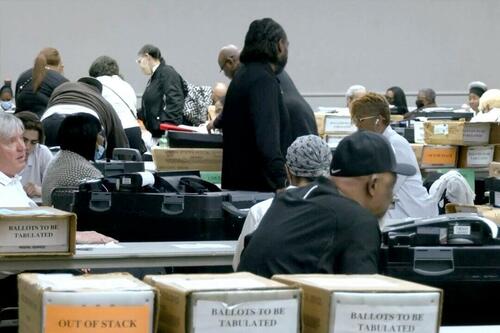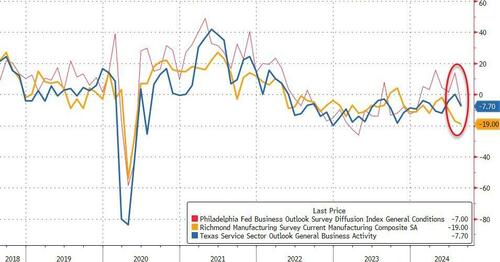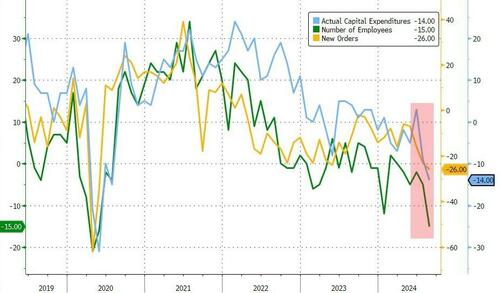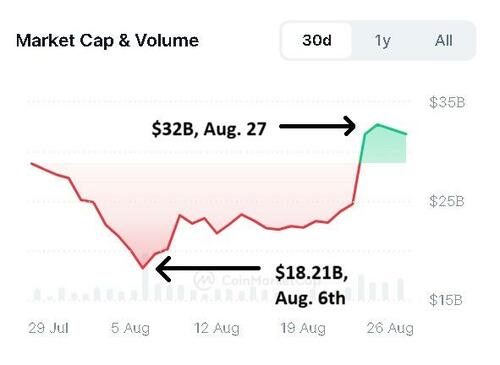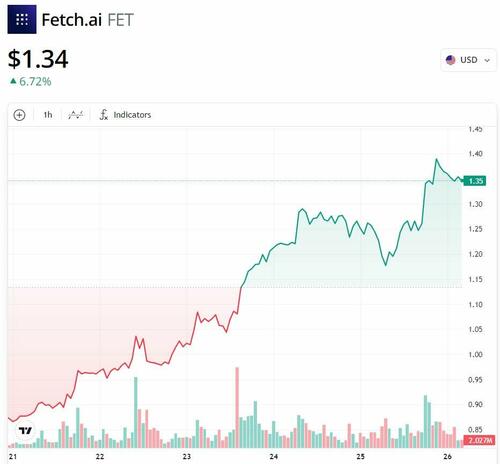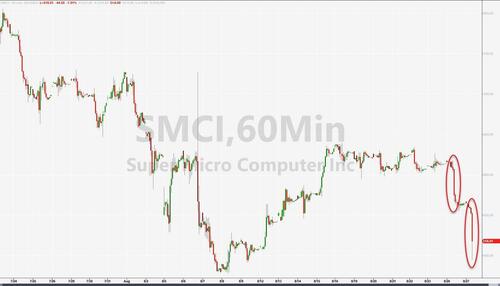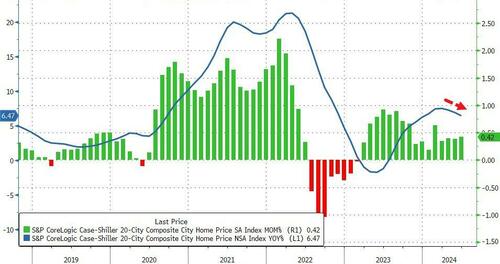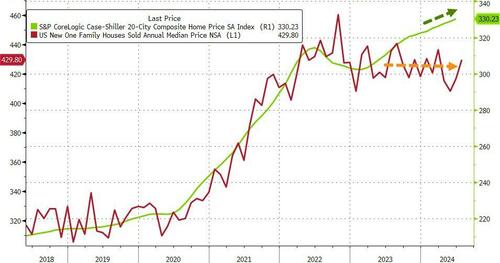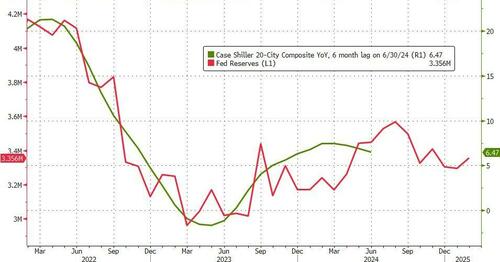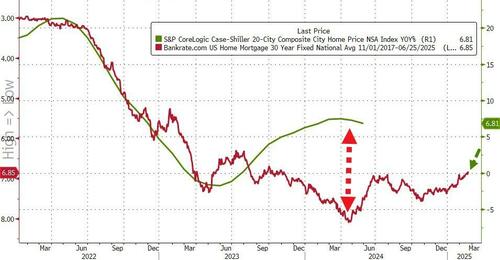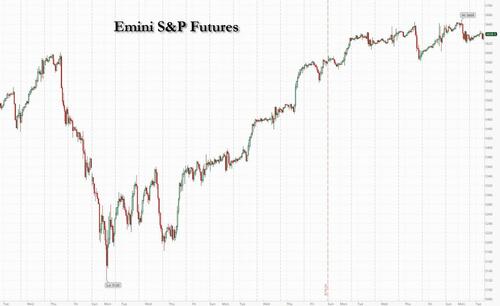RNC Sues Detroit, Alleging City Did Not Hire Enough Republican Poll Watchers
Authored by Samantha Flom via The Epoch Times,
The Republican National Committee (RNC) is suing the Election Commission for the City of Detroit, alleging that it failed to hire enough Republican poll watchers for the state’s Aug. 6 primary election.
Michigan election law requires that the Board of Elections commissioners appoint “an equal number, as nearly as possible” of election inspectors from each major political party in every precinct.
The city appointed a total of 2,337 Democratic election inspectors and 310 Republican election inspectors for the primary, according to a commission report the RNC and the Michigan Republican State Committee filed in their Aug. 21 complaint. The ratio of Democrats to Republicans was 7.5 to 1.
Of the 335 Wayne County precincts for which information was available, the RNC said 300 had inadequate numbers of Republican election inspectors.
“Even worse was the disparity with leadership positions, with chairpersons for only 32 of the 335 precincts being filled by Republicans,” the complaint states.
State law also requires that every precinct have at least one election inspector from each major party. However, the RNC found that 202 precincts did not appoint a single Republican election inspector.
The complaint notes that a list of 675 party-nominated Republicans was submitted to the chair of the commission, City Clerk Janice Winfrey, who is named as a defendant in the lawsuit. Fifty-one of those Republicans reported receiving some communication from a city official about being appointed but were not included on the city’s final list of election inspectors.
The chairs of Wayne County Republican committees are also plaintiffs in the lawsuit, which was filed in Michigan’s Third District Court. The complaint seeks a court order compelling the election commission to adopt practices to ensure the appointment of an equal number of Republican and Democrat election inspectors in the future.
“Detroit’s failure to hire Republican poll workers is the kind of bad-faith Democrat interference that drives down faith in elections,” RNC Chairman Michael Whatley and Co-chair Lara Trump said in a statement.
“The RNC is bringing suit to remedy this completely unacceptable breach of public trust, and our unprecedented election integrity campaign will continue to fight in Michigan and nationwide to protect the rights of every voter to have fair, accurate, secure, and transparent elections.”
The Epoch Times has contacted the City of Detroit Election Commission for comment.
The RNC’s latest Michigan complaint comes on the heels of its recent victory in another lawsuit in the state.
Story continues below advertisement
The committee sued Michigan Secretary of State Jocelyn Benson and Director of Elections Jonathan Brater in March for recommending that election workers presume the validity of absentee ballot signatures rather than verify them.
Those recommendations were “incompatible with the Constitution and laws of the State of Michigan,” state Judge Christopher Yates ruled on June 12.
Benson and Brater had argued that their guidance did not prescribe a presumption of validity but an “initial presumption.”
“With apologies to Gertrude Stein, however, a presumption is a presumption is a presumption,” Judge Yates wrote. “Whether the guidance manual includes a gentle nudge instead of a hip check, it’s still a foul under Michigan law.”
Story continues below advertisement
A third RNC lawsuit challenging Michigan’s voter roll maintenance is still ongoing.
The party has filed a slew of lawsuits across various battleground states as part of its stated mission to bolster election integrity ahead of the 2024 election.
Tyler Durden
Tue, 08/27/2024 – 13:00
via ZeroHedge News https://ift.tt/249bdNC Tyler Durden
